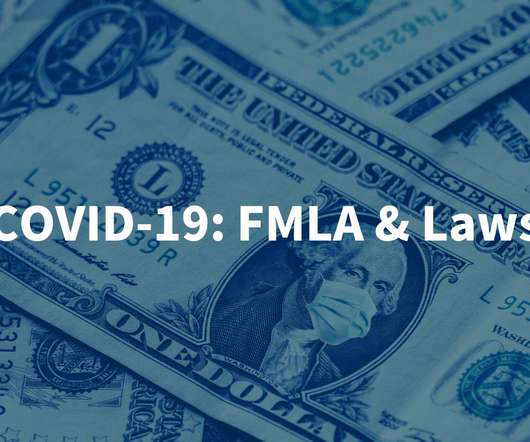Employment Laws in Nigeria
Global People Strategist
DECEMBER 7, 2022
However, any organization looking to take advantage must be prepared – creating and adhering to employment contracts that abide by employment laws in Nigeria is crucial for successful expansion into this highly desirable hub. Employment Laws Dictating the Nigeria Labor Landscape. The Bottom Line.
















Let's personalize your content